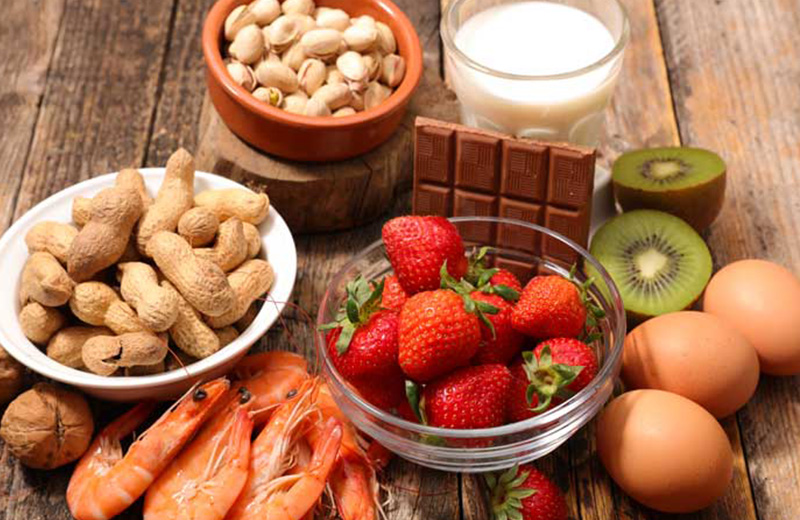Nutrition tips
5 Benefits to becoming a vegetarian

The vegetarian diet has become ever more popular in recent years. People follow this diet for religious, personal, or ethical reasons, but often their focus is on becoming more healthy about what they eat.
What is the vegetarian diet? And what are its benefits? should you follow this diet? And what are the side effects of becoming a vegetarian?
The vegetarian diet is a diet free of animal products (meat, chicken, fish, dairy products and eggs)
There are different types of a vegetarian diet:
- Lacto-vegetarian: they can only eat dairy products.
- Ovo-vegetarian: they can only eat eggs.
- Lacto-ovo-vegetarian: they can eat dairy products and eggs
- Pesco-vegetarian: they can eat fish
- Vegan: they avoid all animal-based food.
What are the benefits of becoming a vegetarian?
In fact, studies show that people who follow a vegetarian diet tend to have better health.
- Enhance weight loss.
- Reduce cancer risk.
- improve heart health.
- Healthier cholesterol level.
- Promote blood sugar control.
What are the side effects of becoming a vegetarian?
The vegetarian diet eliminates some nutrients that are usually found in higher amounts in animal sources, and that’s the challenge every vegetarian usually encounters when planning his/her diet to include all of these nutrients and all the things his/her body needs. Those nutrients include:
- Vitamin B12: found exclusively in animal products. This vitamin is important to produce red blood cells, so vegetarians must take a vitamin supplement, vitamin-enriched cereals, and fortified soy products.
- Calcium: vegetarians can get calcium from dark green vegetables, red beans, dried figs, and fortified cereals.
- Vitamin D: they can get from the sun; fortified food and they may need supplements.
- Protein: they can get it from plant sources of protein like soy products, legumes, lentils, nuts, and whole grain
- Iron: they can get it from plant sources of iron like dried beans, lentils, dark leafy vegetables and dried fruits (consume it with vitamin C to enhance absorption)
However, like any diet, a vegetarian diet should be a part of an overall healthy lifestyle which includes exercise and the exclusion of unhealthy choices.














